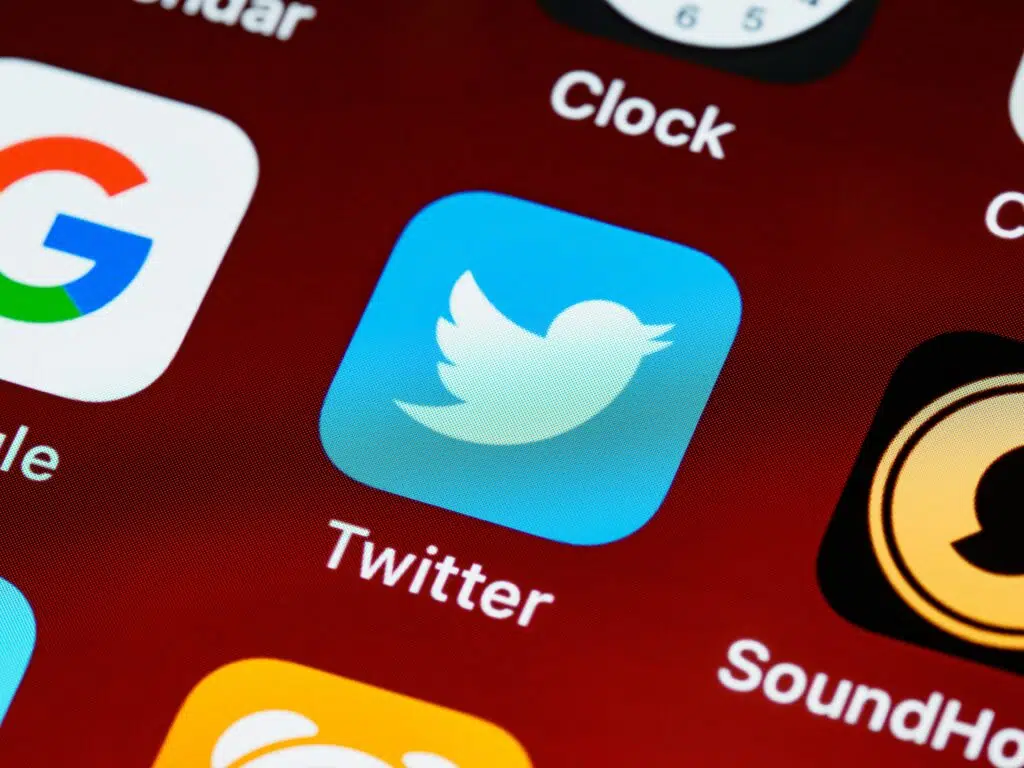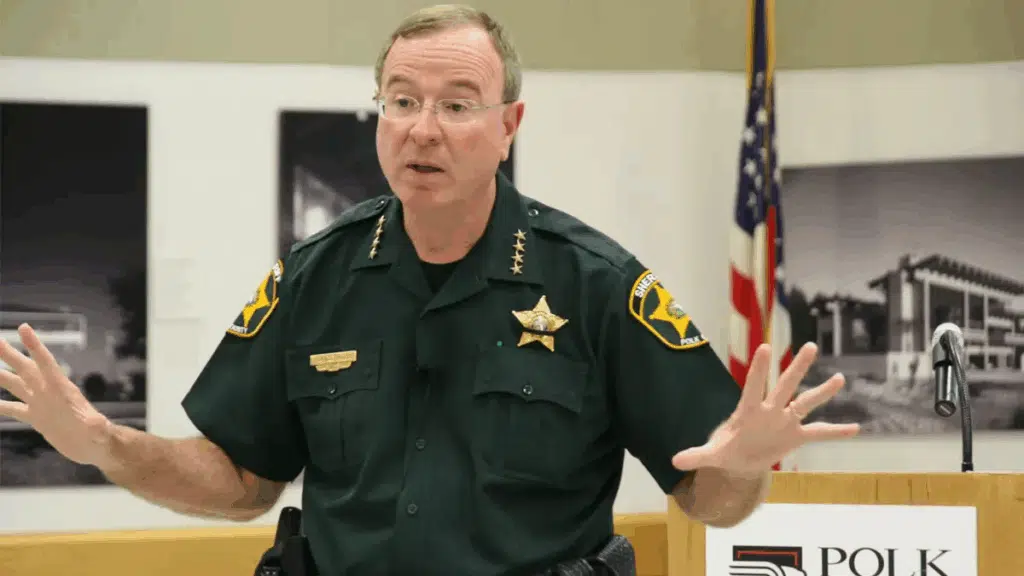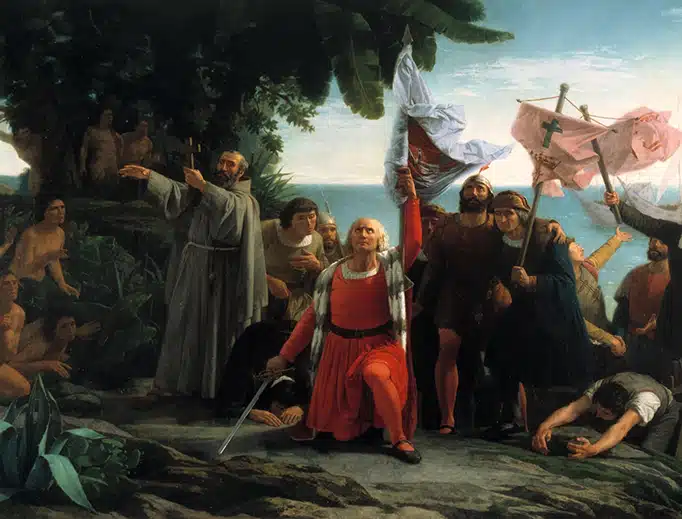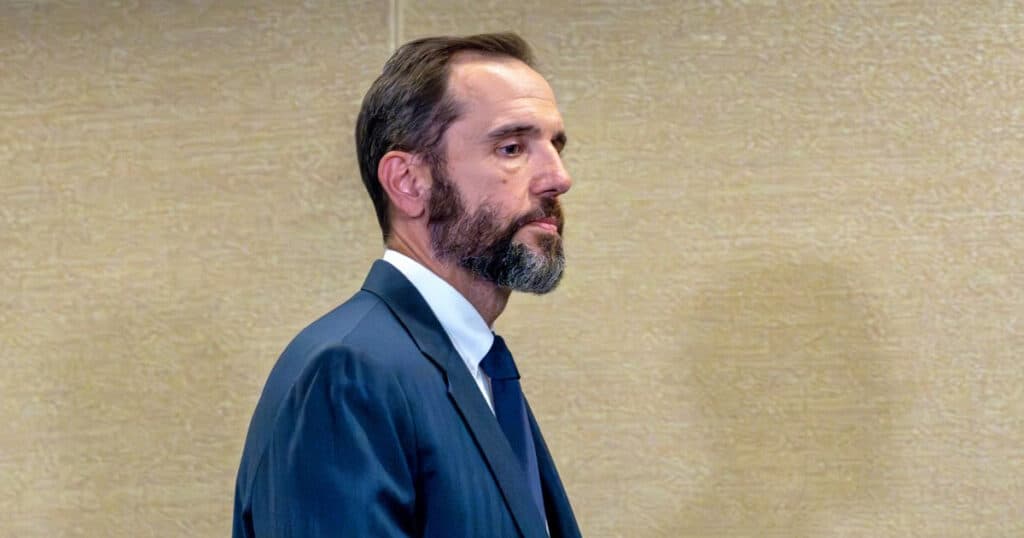
Freedom of Speech: Elected Officials and Their Social Media
A legal issue has arisen that deserves attention.
For better or worse, social media is now a permanent part of American life, if not the world over. It is largely the medium by which we as a nation and world communicate.
Whether we speak of Truth Social, Facebook, Twitter, or any of the hundreds of other platforms, social media has become what the 1st Amendment would deem a modern-day “public square.” It’s where millions of Americans go daily and hourly to exchange ideas, conduct public discussions and engage in political dialogue.
Well, elected officials also use social media as a direct and convenient method to communicate with constituents about public policy issues, votes and other matters involving that public official’s representation of his or her constituents.
However, due to the public official’s status as an elected official, the official’s use of an otherwise private social media account may not be private after all.
How so?
Well, as ordinary citizens we have the power and ability to create and manage our own social media accounts as we wish. Our account is our own individual, private account and we can either choose to allow or disallow people from participating—or debating—on it.
For example, if we are on Facebook and make the point that the federal government’s comparative treatment of the events of Jan 6th and the Summer of 2020 riots was not fair and evenhanded, some individual (s) may disagree and/or begin to attack us for our views. Well, if it becomes too much, we can simply block that individual.
However, a public official likely won’t be able to do the same to an even harsh or aggressive dissenting view. (A threat to a public official would be treated differently, likely receiving attention from law enforcement).
Why is that? Why would an otherwise individual, private social media account of an elected official be treated differently than a typical individual’s account?
Because, given that the elected official has used their social media account to reach constituents regarding numerous matters and issues, courts are now deciding that the free speech requirements of the 1st Amendment have attached and dissenting views can no more be silenced or blocked on the official’s social media account than could a dissenting view be silenced in a traditional public square like a public park, town hall, or county/parish fair.
We have a local example of this very thing:
LA. State Senator, Katrina Jackson, a black, female, strongly pro-life but otherwise-liberal Democrat from Monroe, Louisiana. Sen. Jackson has a Twitter account that she uses to communicate with her constituents. Over time, a small minority of individuals have attacked her in a manner that is harsh, derogatory, and at times profane, regarding her votes on and support for certain issues.
One example involves Sen. Jackson’s heroic support for unborn babies and her legislative efforts on their behalf. Especially galling to her critics is Sen. Jackson’s defense of African American women and their unborn babies. “African American babies are being aborted at alarming numbers” when compared to the abortion rate in the white population, which she considers to be a “modern-day genocide.”
Well, she’s now being sued over her decision to block a critic from her Twitter account. The lawsuit alleges that it violates the blocked individual’s 1st Amendment right to free speech. Sen. Jackson responded by characterizing the blocked speech as hate speech that shouldn’t enjoy First Amendment protection.
Well, the law often takes time to catch up with technological advancement, but we are beginning to see courts treat as subject to 1st Amendment scrutiny the social media accounts of public officials who use their social media account to carry out their role as an elected official. Courts are holding that a public official cannot engage in what amounts to censorship by blocking someone or deleting someone’s comments just because of that individual’s viewpoint or opinion.
What are some of the factors a court could consider in this regard?
Does the social media account identify the elected official as a government official; are official policy, legislative statements made/posted on the account; does the official seek to communicate directly with voters, or encourage public debate of issues, or provide information about available government services?
No elected official is required to engage in social media but if they do, a court may not allow the official to ban individuals—particularly constituents—or their views from their account.



